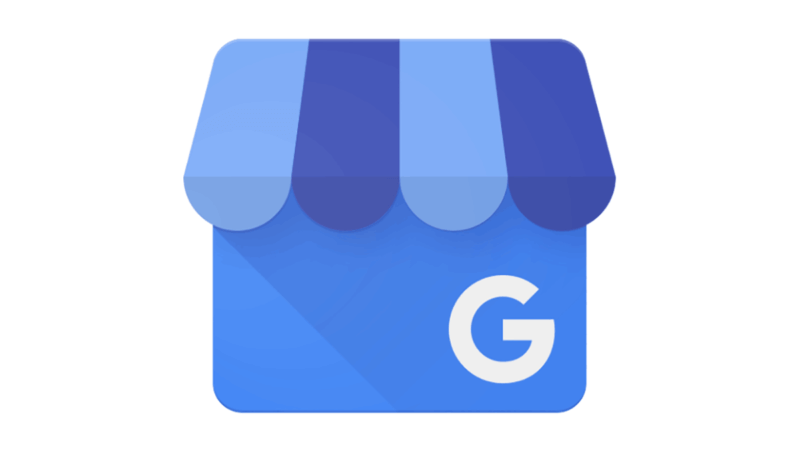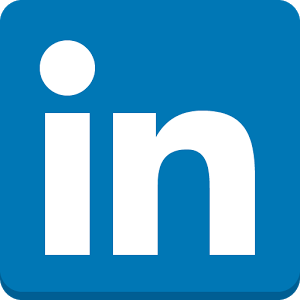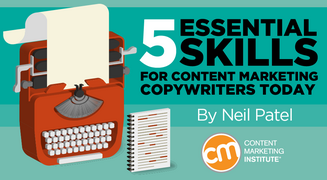On Becoming A Professional Copywriter
I’m Susan Greene and my company is Greene Marketing, LLC. I’m a professional copywriter who sells copywriting services. I create the wording for websites, sales letters, brochures, ads, product labels, and anything else that helps sell products or services. Typical clients include law firms, healthcare practices, manufacturers, construction companies, and tech businesses.
My workload comes from the following 5 main sources:
Existing clients with ongoing needs (my bread-and-butter accounts)
Returning clients with new needs
Referrals from other professionals (i.e. web designers, digital marketing firms, ad agencies, virtual assistants, marketing consultants, etc.)
Subcontract jobs from digital marketing agencies and web design firms
New clients who find me through a Google search
By combining all of those sources, I have a steady flow of copywriting work and also have a surplus of projects that I pass along to other freelance copywriters on my team for referral fees. My team includes approximately 10 other copywriters with varying levels of availability.

What's your backstory and how did you get into entrepreneurship?
I come from a long line of entrepreneurs. My father owned a real estate business. My grandparents sold groceries to hospitals and schools. My aunts and uncles were apartment landlords. I saw how much personal satisfaction they received from being self-employed. So from the time I was little, my goal was to work for myself.
Figure out how you’re going to get visibility for your business in the market to begin attracting clients and work.
In my early jobs for employers, I didn’t like that someone else controlled my time, my activities, and my salary. I was willing to work hard but wanted to feel I was building something in which I’d have pride of ownership and that could benefit me (not just my employer) in the future.
For me, success as an entrepreneur meant enjoying my work and making enough money to never have to go back to working for an employer.
Take us through your entrepreneurial journey. How did you go from day 1 to today?
I knew I wanted to be a writer from a young age. An Archie’s comic book played a pivotal role in that decision. Going back many years, every Archie comic book featured a spread in the middle with three submissions from readers. The submissions were awarded first, second and third prizes of $5, $3, and $2 respectively.
When I was 9-years-old, I sent in a poem I wrote about the Archies (don’t judge) and won second prize, $3, making it my first paid writing job and first time being published. But that wasn’t what made me decide to become a writer.
Archie comics were widely circulated around the world. Once my poem was published, along with my full name and address, I began receiving letters from all over the world. They were from kids, most around my age, seeking an American pen pal. Keep in mind this was pre-internet, pre-email.
I soon had pen pals in the Philippines, India, Australia, and dozens of other countries. The letters trickled in, a few every month, for several years, as the comic books were circulated and traded long after the original publication date.
I responded to every letter I received, and I maintained correspondence with anyone who continued to write me. Composing those many letters was when I realized I loved to write.

I graduated from Syracuse University with a BS in journalism/communications and obtained my MBA attending night school while in my first “real job.” I held an entry-level position as an account coordinator with an advertising agency. I helped service clients and eventually worked my way up to copywriter at the agency, focused primarily on writing brochures and ads.
At the same time, I was doing freelance copywriting on the side of clients I found on my own. After three years, I left the agency to go full-time with my copywriting business and never looked back.
How are you doing today and what does the future look like?
Somehow I’ve managed to accrue over 25 years as a professional, full-time, self-employed copywriter. Time flies when you’re having fun, right? The range of clients I’ve worked with, the number of businesses I’ve helped succeed, and the breadth of my experience is, I hope, reflected in the quality of my work.
My business is going stronger than ever. It fills my hours and requires I be uber-efficient to keep up. These days, I am particular about the projects I take on and the clients with whom I work. For those that either aren’t a fit for me or exceed the volume of work I can handle, I offer an alternative solution. Instead of turning away my overflow work, I operate a copywriter referral business.
I direct my overflow projects to my team, a group of approximately 10 freelance copywriters with experience and skills comparable to mine. They take on the work, maintaining the high standards my clients expect and pay me a percentage of their billings as referral fees. It is a part of my business that is growing rapidly and offers me a form of steady, passive revenue.
Through starting the business, have you learned anything particularly helpful or advantageous?
Three lessons I’ve learned immediately come to mind:
Take risks. Say “yes” even when you’re unsure of yourself. I remember turning down some writing projects because I had limited experience and lacked confidence. The work was outside my comfort zone. Later I’d see the finished project, handled by another copywriter, and think, “I could have done that.” My personal motto became, “Say yes now, figure it out later.”
Create processes. Standardize tasks and create templates. Avoid reinventing the wheel each time you approach a project. Processes help you streamline your business. They also allow you to delegate work to others and ensure consistency.
Generate multiple revenue streams. Look for opportunities to create multiple revenue streams. For example, early on in my freelancing career, as a side hustle, I taught an adult Career Training class. It covered subjects such as how to write your resume and cover letter, how to interview, etc. The materials to teach that class were limited and of poor quality. So I made my own. At some point, I met another instructor who taught the same course in another school. She too had created her own teaching materials. We pooled our work and turned our self-created teaching materials into a published textbook, The Ultimate Job Hunter’s Guidebook.

We filled a void in the market, and our book soon became a leading Career text adopted by colleges around the country. That book is now in its seventh edition. It’s been 25+ years, and we still receive royalty checks every six months.
What platform/tools do you use for your business?
My website is built on the WordPress platform and delivers a steady flow of new clients to my business. I like that I can add to and change my site myself, without hiring a developer and without knowing anything about programming.
Other tools I use are a bit mundane – Microsoft Word, Microsoft Excel, and occasionally Adobe® Photoshop®.

What have been the most influential books, podcasts, or other resources?
I’m always reading books about becoming a better writer, marketing trends, and how to build a successful business. I admire other copywriters who have created a large body of work and cultivated a strong following of clients and fans such as Bob Bly, Neil Patel, Carline Cole, Brian Clark, Sean Platt, John Forde, and Clayton Makepeace.
Advice for other entrepreneurs who want to get started or are just starting?
Have a plan for getting clients. And ideally, start attracting those clients before you quit your day job, especially if you’re launching a service business. Don’t assume that once you order business cards and put up a website that customers will magically appear. They won’t.
Figure out how you’re going to get visibility for your business in the market to begin attracting clients and work. Make customer acquisition your #1 priority.
Where can we go to learn more?

Download the report and join our email newsletter packed with business ideas and money-making opportunities, backed by real-life case studies.

Download the report and join our email newsletter packed with business ideas and money-making opportunities, backed by real-life case studies.

Download the report and join our email newsletter packed with business ideas and money-making opportunities, backed by real-life case studies.

Download the report and join our email newsletter packed with business ideas and money-making opportunities, backed by real-life case studies.

Download the report and join our email newsletter packed with business ideas and money-making opportunities, backed by real-life case studies.

Download the report and join our email newsletter packed with business ideas and money-making opportunities, backed by real-life case studies.

Download the report and join our email newsletter packed with business ideas and money-making opportunities, backed by real-life case studies.

Download the report and join our email newsletter packed with business ideas and money-making opportunities, backed by real-life case studies.














